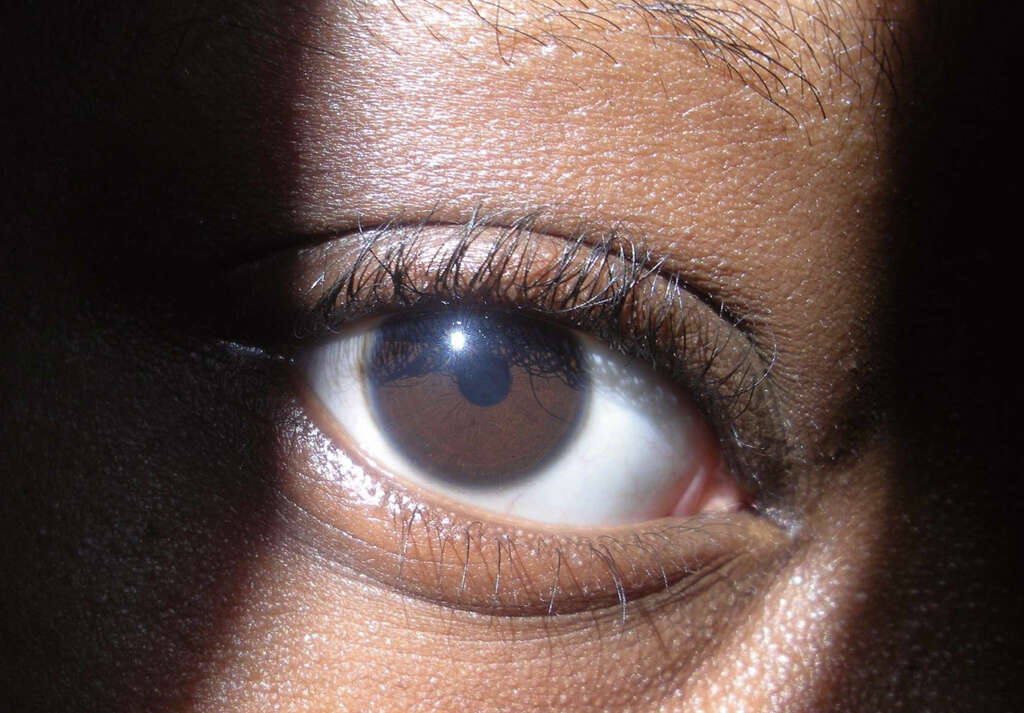What Is Graves' Disease?
Our bodies produce chemicals that are known as hormones. These chemicals are produced and released by organs that are known as glands. Once released, the hormones will have a deep impact on many aspects of how our bodies function. It is important that the right balance of these hormones is in balance, and we could fall quite ill otherwise.
One of the most important glands in our bodies is the thyroid gland. This gland is responsible for producing hormones that are key to regulating our metabolism, among other things. This gland will sometimes develop problems, however, and one of these problems is Graves’ disease.
1. Graves’ Disease
Graves’ disease is a type of autoimmune condition, which means that the patient’s body is being attacked by their immune system. In the case of Grave’s disease, it is the thyroid gland in particular that is being attacked. This can result in hyperthyroidism, which means that the thyroid gland is releasing more hormones than it usually would be.
The hormones that are produced by the thyroid gland have a profound impact on various bodily functions. This, in turn, means that the patient can experience a variety of rather unwelcome symptoms. There is no known cure for the condition, but it can usually be managed.
2. Causes
As mentioned, Graves’ disease is a type of autoimmune condition, and little is known about autoimmune conditions in general. The immune system creates antibodies that help to directly combat bacteria and other pathogens. For some reason, the body will also sometimes produce antibodies that cause problems with the thyroid gland.
The antibody associated with Graves’ disease actually overrides the mechanism that is usually responsible for regulating the thyroid gland. This, in turn, means that too many of the thyroid hormones are produced. That the reason this happens is not at all well understood makes it very difficult to treat the cause of the patient’s symptoms.

3. Symptoms
The symptoms of Graves’ disease typically include irritability and anxiety, and the patient can also have heart palpitations. The patient can also have difficulty getting a full night’s sleep, and the condition is also likely to cause fatigue. A goiter is another symptom, which means the thyroid gland has become enlarged.
The menstrual cycle can be affected in women, and men can experience a decreased sex drive, and erectile dysfunction. Bowel movements can become more frequent than usual, and the patient can also lose weight. The patient can also become more sensitive to heat, and they can develop tremors in their hands and fingers.
4. Graves’ Ophthalmopathy
Graves’ disease will also sometimes cause Graves’ ophthalmopathy, which is a condition that affects the patient’s eyes in around 30% of cases. The symptoms of the condition typically include a gritty sensation in the eyes, and pain or a feeling of pressure in the eyes.
Graves’ ophthalmopathy will also sometimes cause the patient’s eyes to bulge outwards from their face. Their eyes can turn red, and their eyelids can become retracted or puffy. Sensitivity to light and vision problems are other potential symptoms. Graves’ disease can also cause Graves’ dermopathy, which causes the patient’s skin to thicken and turn red.

5. Graves’ Ophthalmopathy Causes
Graves’ ophthalmopathy will often appear at the same time as the symptoms of hyperthyroidism appear. In some cases, the symptoms of Graves’ ophthalmopathy will not appear until several months, or even years, later. It is also not necessary for the patient to be suffering from hyperthyroidism for Graves’ ophthalmopathy to appear.
It is not known why, but it seems as though the antibodies responsible for Graves’ disease are also prone to affecting the tissues around the eyes. This can cause certain types of carbohydrates to accumulate in the tissues and muscles just behind the eyes. The presence of these carbohydrates can then cause the symptoms associated with Graves’ ophthalmopathy.
6. Complications
In addition to the symptoms mentioned, Graves’ disease can also result in some potentially serious complications. For example, it can cause heart disorders that can affect the efficiency of the heart. Brittle bones are another potential complication, and this will mean that the patient is more likely to experience bone fractures.
Graves’ disease can also cause pregnancy complications, including miscarriages. It can also cause poor fetal development, and preeclampsia, which can be dangerous for both mother and child. Graves’ disease can also cause a thyroid storm, which is another potentially dangerous condition that means the patient’s hyperthyroidism has become severe.

7. Risk Factors
Graves’ disease is a condition that can affect anybody. However, some people are more prone to the disease than others are. This includes age, and people below 40 years old are more likely to have it. Women are also more likely to get it than men are. Another higher risk category is people who smoke.
People with rheumatoid arthritis are in a higher risk group, as are people with type 1 diabetes. Graves’ disease is also more likely to be found in women who are pregnant or have recently given birth. You are also more likely to have Graves’ disease if there is a history of the condition in your family.
8. Diagnosis
Your doctor may need to know about your family’s medical history, and they will also likely ask you about your own symptoms. A brief physical exam may also need to be performed to help the doctor look for signs of Graves’ disease. Tests may then be requested to help confirm the diagnosis.
Tests for Graves’ disease will likely involve blood tests that will help look for hormone levels or antibodies in the body. Imaging tests may also be performed, including MRI CT scans, and ultrasound. Tests can also be performed to see how much iodine your thyroid gland is absorbing.

9. Treatment
Depending on the specifics of each case, medication may be provided that will help to limit the production of hormones in the thyroid gland. These drugs can also cause some very unwelcome side effects, however, so their use is avoided where possible. Another potential treatment of Graves’ disease is radioactive iodine therapy.
Radioactive iodine therapy involves the patient consuming radioiodine (radioactive iodine) orally. This will then be absorbed by the thyroid gland which relies upon iodine for the production of hormones. The radiation will then destroy the overactive thyroid cells, and this will reduce hormone production and shrink the gland.
10. Surgery
If medication is not suitable then surgery may be required. This will often involve removing all or part of the thyroid gland to help limit the volume of hormones being produced. If the entire gland is removed then the patient will need continual treatment to maintain their hormone levels.
Graves’ ophthalmopathy will also likely need treatment if the patient has the condition. Medication is available that can help treat the condition, including corticosteroids that will help to reduce inflammation. Surgery may also be performed to help reduce pressure on the eyes, and some patients will be fitted with specialized spectacles.











